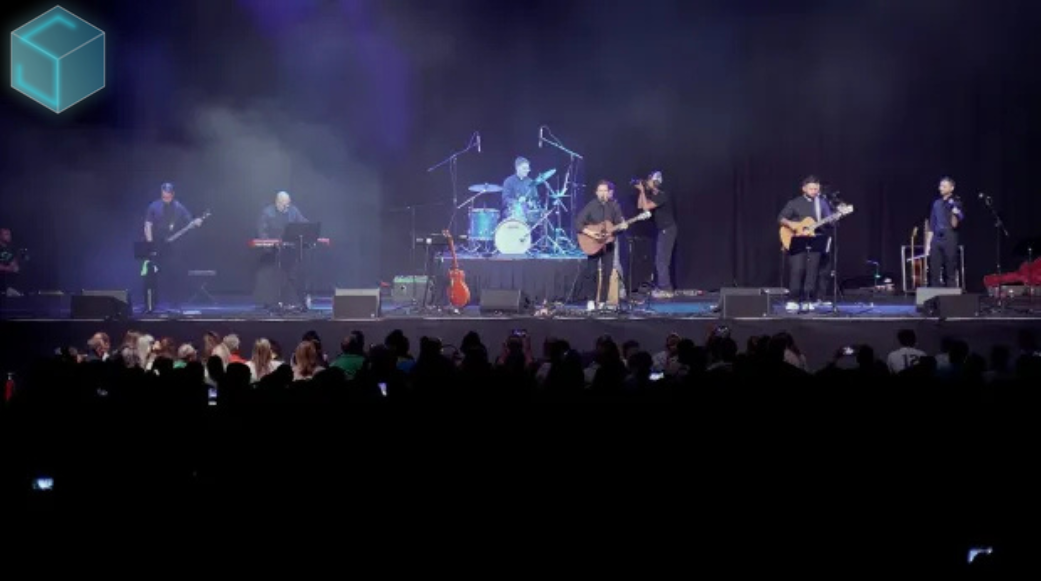
August 20, 2025
Imagine six Catholic priests performing at a sold-out Houston show instead of a well-known pop star. Their band's performance combined messages of prayer, celibacy, and faith with elements of rock...
Read more.png)
August 20, 2025
Nostalgia, Mother Mother’s latest album, is one of those rare creations. It invites us into a world where lightness isn’t escapism—it’s a form of resistance, a beacon of hope, and a path forward....
Read more
August 19, 2025
When Anna of the North released “Lovers” in 2017, it was already a dreamy synth-pop gem, filled with wistful vocals and lush production that captured the ache of young romance. But it wasn’t until...
Read more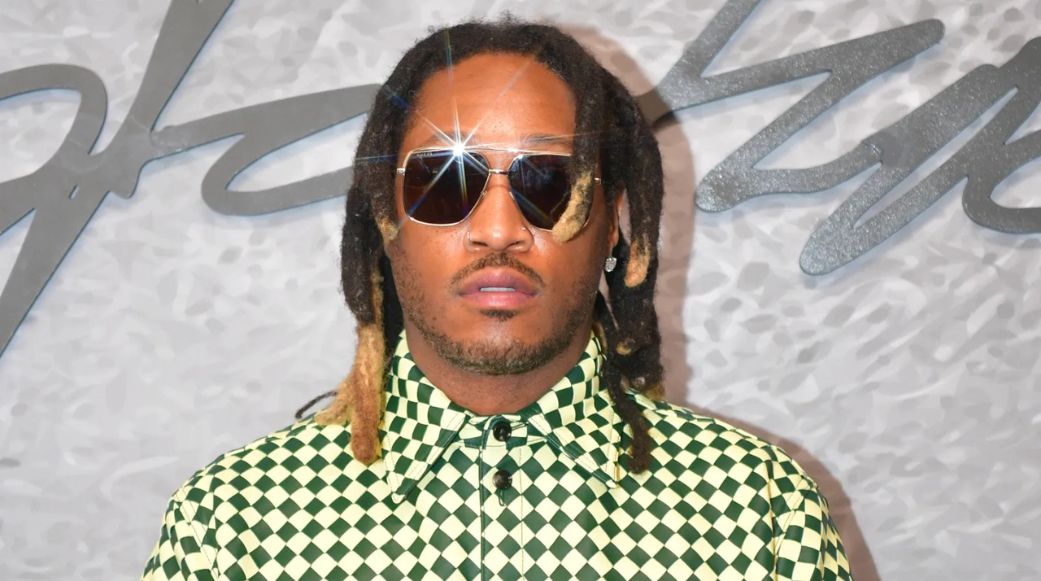
August 19, 2025
“Let Me Know” ft. Future started out as a moody, late-night playlist type of track, the kind you blast in your car pretending you’re in a music video while stuck in traffic. But now? It’s become...
Read more
August 19, 2025
“Your Idol” stands out in Kpop Demon Hunters not just as a catchy track, but as one of the most self-aware songs in the whole project. At first listen, it has all the hallmarks of a classic K-pop...
Read more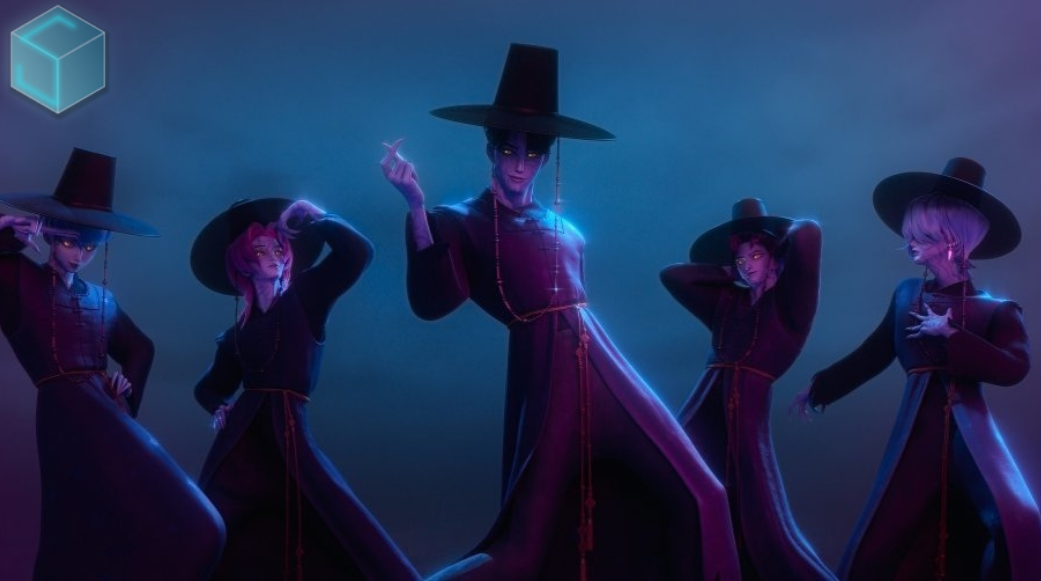
August 19, 2025
If you’ve scrolled TikTok, Insta, or literally any corner of the internet in the past few weeks, you’ve probably heard it: the fizzy, feel-good bop known as “Soda Pop” by the Saja Boys. Straight...
Read more
August 19, 2025
Skai Is Yourgod didn’t just drop a song, he dropped a cultural grenade. His track “Stacks From All Sides” has taken TikTok by storm, and the secret sauce? A cheeky little sample from Beetle on...
Read more
August 19, 2025
After 70 weeks at No. 1 with “Too Sweet,” Hozier’s reign on Billboard’s Hot Rock Songs chart comes to an end as newcomer Sombr takes over with...
Read more
August 19, 2025
Charli XCX brought her groundbreaking Brat era to a poignant close Friday night during an electrifying performance at South Korea's One Universe Festival. The pop innovator marked the final...
Read more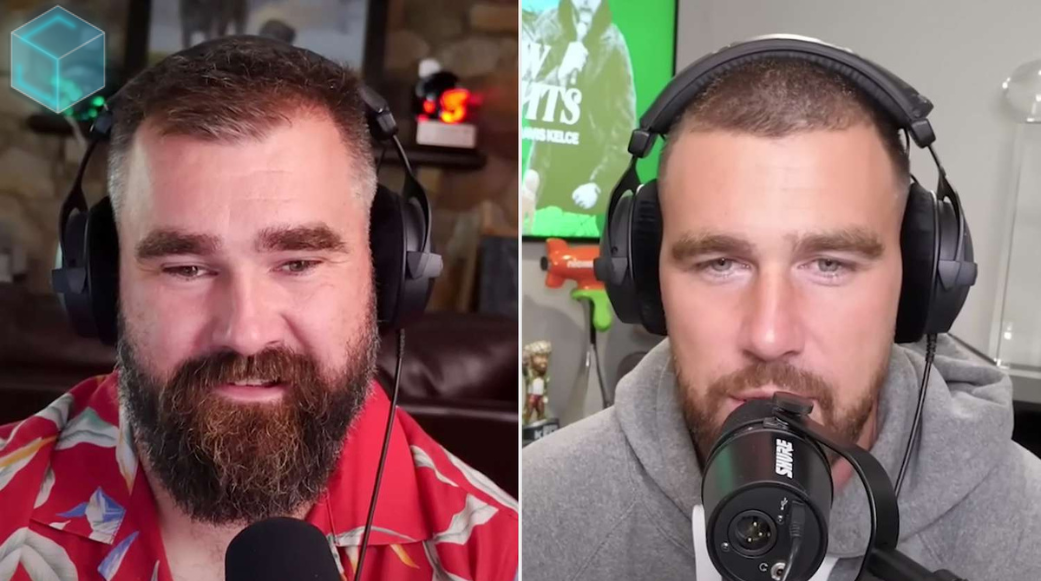
August 19, 2025
Taylor Swift’s appearance on Travis and Jason Kelce’s New Heights podcast drew 1.3M live viewers, breaking YouTube records and sparking buzz with details about her new album The Life of a...
Read more
August 19, 2025
After a six-year silence, Chance the Rapper is officially back. On August 15, 2025, he will drop his sophomore album, Star Line, marking a new chapter filled with growth, travel, and creative...
Read more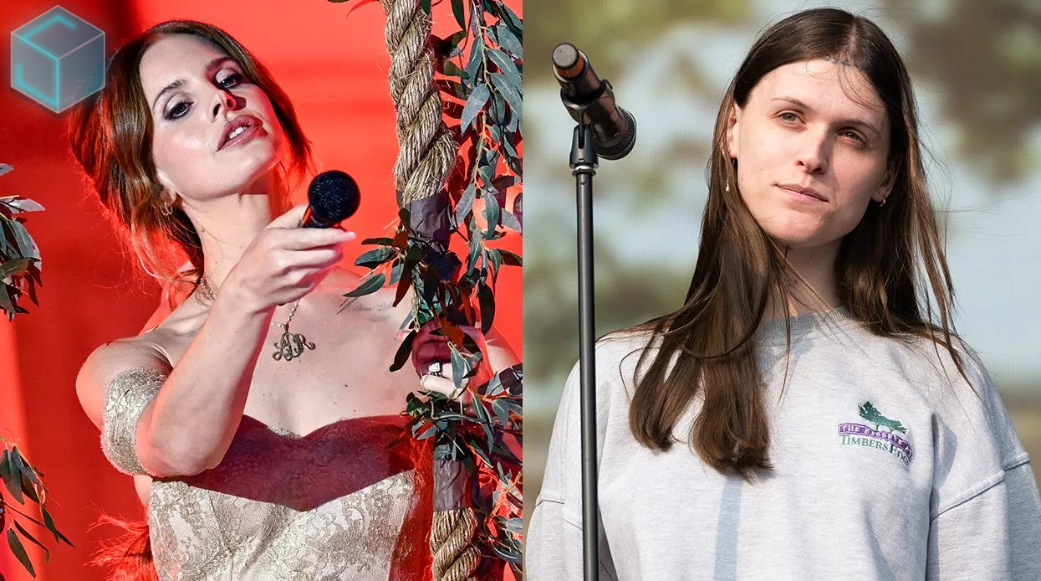
August 19, 2025
Lana Del Rey’s new song takes aim at Ethel Cain, referencing an alleged personal rift involving Instagram posts, a mutual ex, and behind-the-scenes remarks...
Read more.png)
Every great musician has a distinct voice that defines their sound. Think of Billie Joe Armstrong from Green Day, Axl Rose of Guns N' Roses, or Dave Mustaine from Megadeth. Imagine Green Day without Billie Joe's snarl or Guns N' Roses without Axl's gritty wail. It’s hard, right? That's because their voices aren't just an instrument—they’re a signature that makes their music instantly recognizable.
But how did these artists find the melodies, phrases, and styles that perfectly matched their voices? Was it a process of trial and error, or did they have a clear idea of their sound from the start?
One of the most important things to understand is that every voice has its unique timbre—a tonal quality or color that makes it special. People have compared your voice to that of Frank Sinatra, suggesting a richness suited to crooner or jazz styles. But you’re also curious about exploring genres like rock, punk, or grunge. This curiosity is crucial; it shows that you’re open to experimentation, which is a big part of finding what suits your voice best.
Example: Billie Joe Armstrong didn't have the traditional punk rock voice when he started. His vocal timbre was closer to pop-punk—a bit nasally, yet melodic. Over time, he leaned into this uniqueness, embracing his range and using it to craft melodies that were simple but instantly catchy. By understanding his voice’s limits and strengths, he was able to create a style that felt authentic and recognizable.
Most iconic musicians didn’t find their sound overnight. They experimented, played with different genres, and sometimes even failed. Axl Rose, for instance, started with a choir background before finding his raw, high-pitched voice that defined Guns N' Roses. His range is notoriously wide, but he honed his craft by experimenting with different vocal techniques and pushing his limits, finding what worked and what didn’t.
If you have a voice that people associate with jazz, don’t feel restricted by it. Many greats have pushed the boundaries of their expected genres. Think of Kurt Cobain, whose voice wasn’t considered “technically” good by classical standards, yet he became an icon in grunge. His uniqueness lay in his raw, unpolished delivery, which resonated with people precisely because it was genuine and different.
Your vocal range being similar to Billie Joe Armstrong’s gives you an advantage. Knowing your limitations helps you find melodies that fit within your range while still allowing you to express yourself fully. Armstrong’s range isn’t extremely high, but he plays with his voice’s character, often keeping his melodies simple yet impactful.
When writing melodies, consider:
Ultimately, much of the magic happens when you “fuck around and find out.” Experimentation and iteration are key. Musicians like Axl Rose and Dave Mustaine spent years developing their sound by writing, rewriting, and experimenting. They weren't afraid to try different styles, push their voices, and even fail in the process.
Dave Mustaine, for example, had to figure out how to sing while playing intricate guitar riffs, which led him to develop a vocal style that was rhythmic and direct, perfectly complementing his thrash metal sound.
The secret sauce is often a blend of influences combined with your unique voice. Many artists draw inspiration from multiple genres. If you want to sing jazz, rock, punk, and grunge, start by listening to and studying the phrasing, melodies, and rhythms of these genres. Then, try incorporating elements into your practice. For example, you could use jazz-style scatting techniques to create unexpected vocal phrases in a rock or punk context.
Finding your voice is an ongoing journey that requires a mix of understanding your unique timbre, embracing experimentation, and blending genres and influences. Remember that even the most iconic musicians didn't have it all figured out at the start. They learned by doing, by pushing boundaries, and by understanding their voice’s unique qualities. So, explore, experiment, and, most importantly, stay true to your sound.